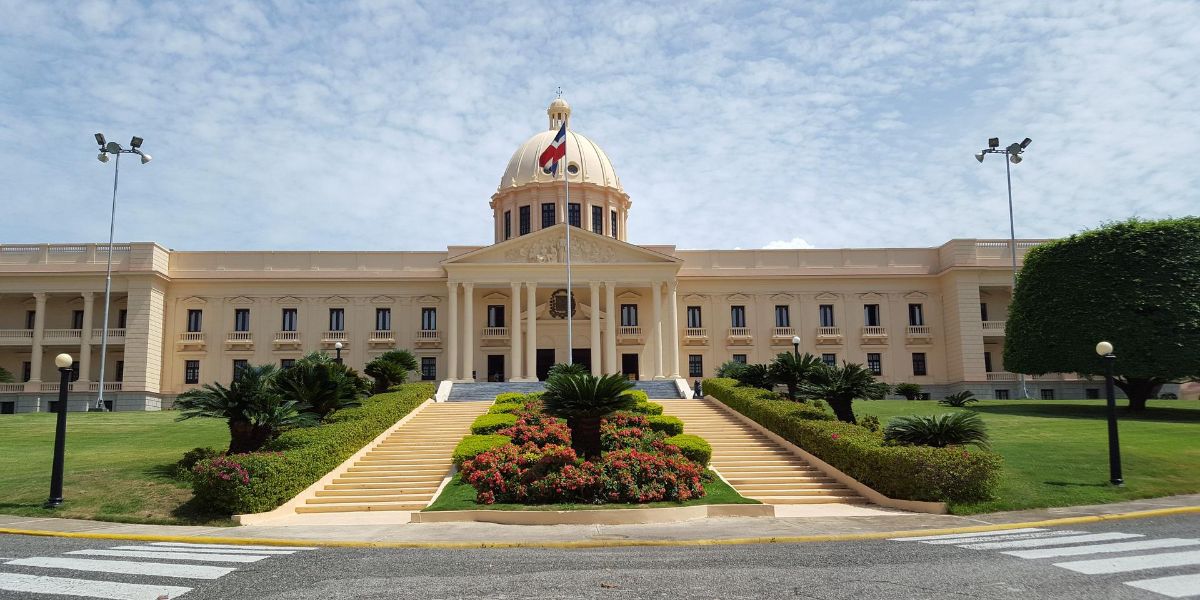The Directorate General of Internal Revenue (DGII) of the Dominican Republic has released Notice 20-24 regarding the promulgation of Decree 587-24, which introduces new regulations for implementing Law 32-23, known as the Electronic Invoicing Law.
The decree constitutes the regulatory framework for the use and implementation of electronic invoicing, electronic fiscal receipts, and the Electronic Invoicing Fiscal System.
The legislation established a post-clearance e-invoicing model, mandating that electronic invoices be transmitted concurrently to the DGII and the purchasers. The implementation of these requirements will commence with large national taxpayers, followed by large local and medium-sized taxpayers, and will ultimately extend to small, micro, and other non-classified taxpayers.
Law No. 32-23 on Electronic Invoicing in the Dominican Republic and the newly promulgated Decree 587-24 apply to all individuals, legal entities, public or private, as well as entities without legal personality in the country that engage in transactions involving the transfer of goods, use, provision, or leasing of services, whether for a fee or free of charge.
This decree regulates the voluntary period established in Law No. 32-23, the use of the free invoicing software provided by the Directorate General of Internal Revenue, the implementation schedule for state entities (centralised, autonomous, or state-owned), as well as the deferred submission of electronic fiscal receipts, contingency processes, applicable fiscal incentives, and other obligations and facilities that are essential for compliance with the provisions.













